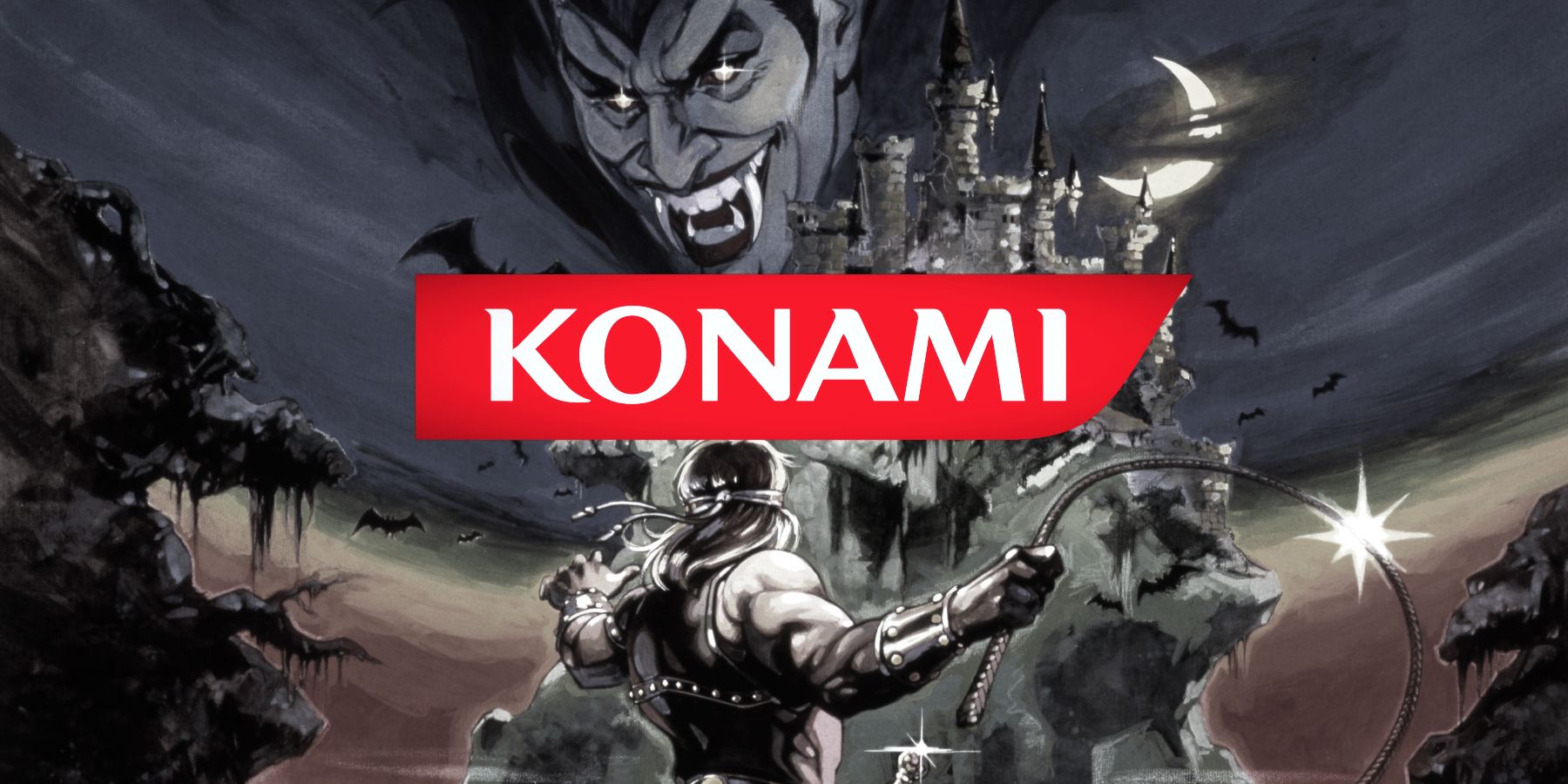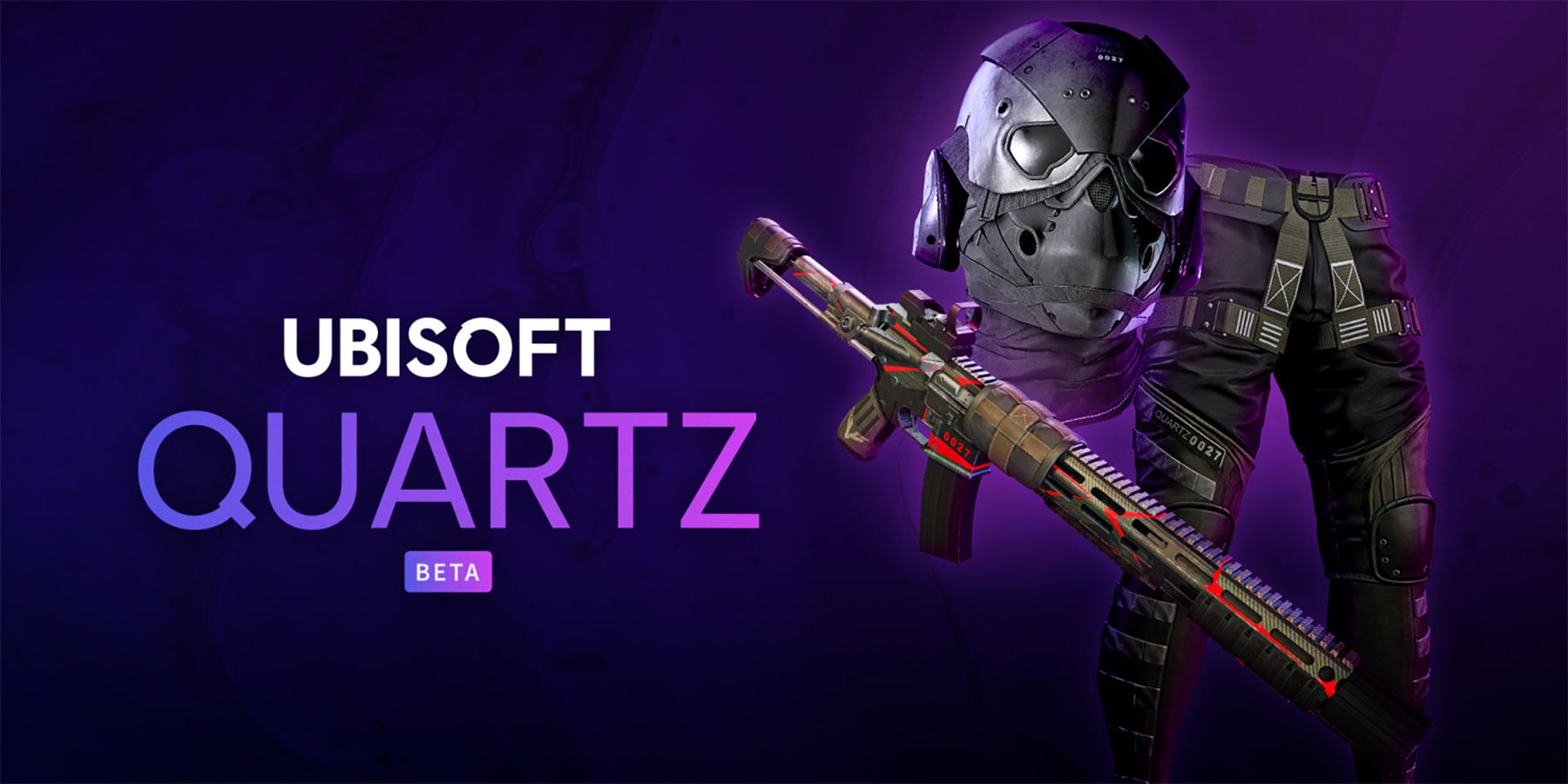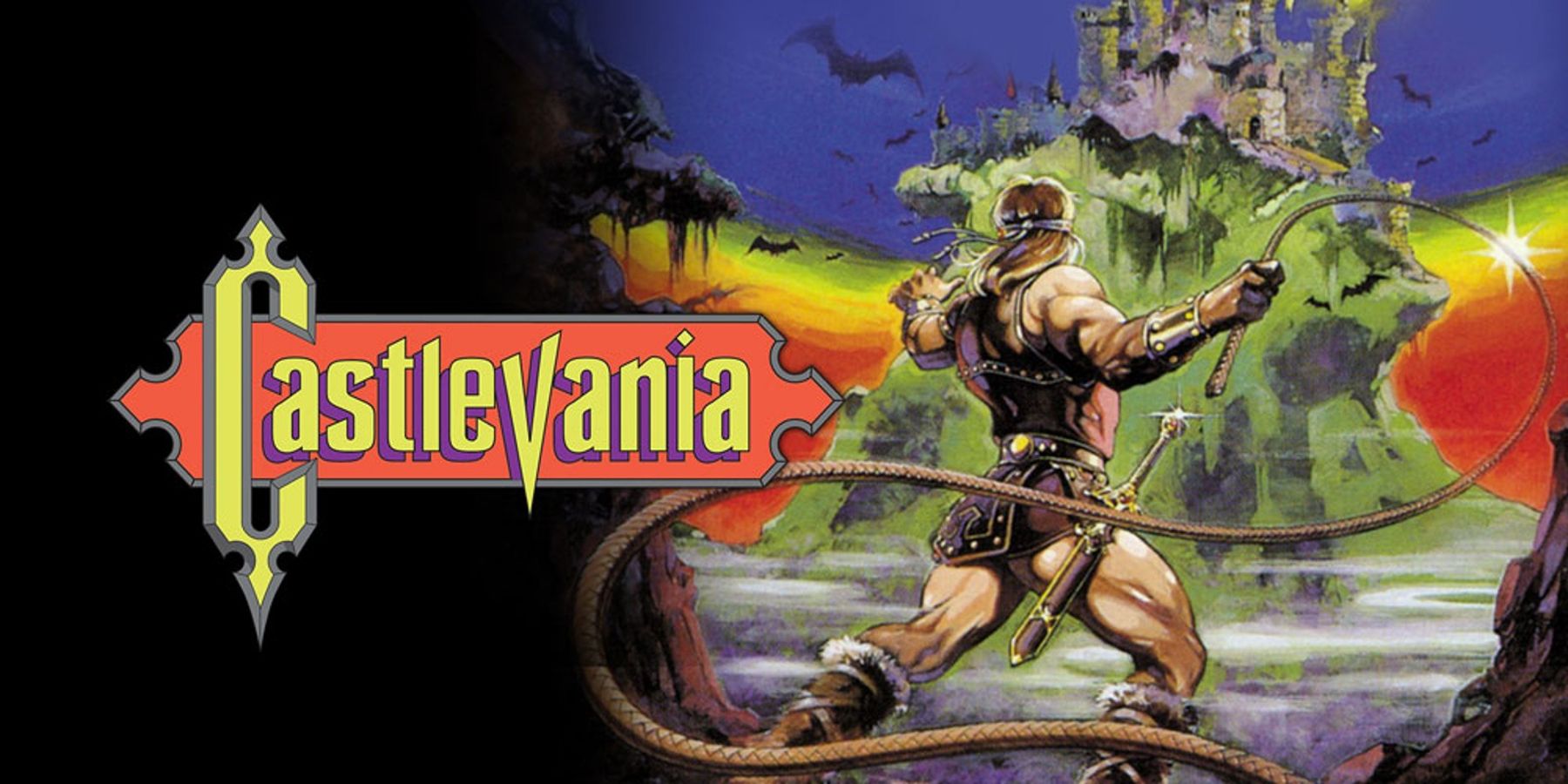Despite their increasing divisiveness, NFTs are continuing to crop up in more and more industries. While gaming isn't the only industry this is happening in, it is a particularly interesting case as gaming allows the digital asset associated with an NFT to be somewhat more tangible, at least in-game. This was the case with Ubisoft Quartz, which allowed players to own and sell specific customization items in-game. Incorporating NFTs into gaming does have its supporters, who perceive it as a potential way to earn extra cash (or even get rich) while having fun; however, every announcement pertaining to NFTs in games has been met with a huge backlash. Konami's recent announcement that it would be releasing special NFTs for Castlevania's 35th anniversary is no different, but it does emphasize a peculiar trend of game developers being quick to support and implement NFTs despite the massive backlash.
Unlike Ubisoft's Quartz system, Konami's proposed NFTs for Castlevania are not in-game items, but digital artwork from the game. While digital artwork has been one of the primary items associated with NFTs, there has been plenty of backlash and even derision about this. This is largely due to the nature of NFT ownership and sales. Konami jumping on this trend does seem particularly obtuse, as the game developer was involved in a large controversy starting in 2015 with its split from Kojima Productions and complaints about workplace conditions. Since then, Konami has only had a tepid engagement with the gaming industry, and resurrecting one of its most beloved gaming franchises for NFTs has not been a popular decision. However, despite the feelings of many vocal fans, more industries continue to try their hand at NFTs due to the profit that can be generated for the creator.
NFTs and Gaming
NFTs, to put in the simplest terms, refer to unique blockchain addresses that can function as ledgers or receipts of ownership. The unique blockchain address that cannot be copied is what is non-fungible about NFTs, and the record of ownership can be verified by anyone at any time. Thus, the implied ownership implied with NFTs is actually of the blockchain address, and the associated artwork or digital item is merely symbolic of this. The creator of the NFT earns money every time the NFT is sold on, and so stands to earn the most profit based on whatever they associate with the unique blockchain address. While some NFTs act as in-game items or other such digital assets, digital artwork NFTs have come under particular scrutiny due to the ease of copying the artwork file.
However, even tangible NFT uses like Ubisoft Quartz is largely unpopular for a couple of reasons. Firstly, as mentioned, the creator of the NFT continues to earn royalties on its future sales, which in the case of gaming is usually the game developer. In addition to this, microtransactions and other attempts to monetize gameplay have always been met with complaints in gaming, although the practice certainly does persist. NFTs and cryptocurrency are divisive topics outside of gaming, due to concerns over environmental impact and the astronomical amount of money involved in some NFTs, making them inaccessible to anyone other than the very wealthy. As such, many gamers are morally opposed to NFTs rather than simply not being fans of them. Of course, as mentioned there are supporters of NFTs, and for these supporters, gaming is the most logical implementation of profit-generating, exclusive NFTs.
Konami and Castlevania NFTs
Thus, Konami's decision to create digital artwork NFTs makes the decision seem all the more out of touch with their fanbase. However, the backlash against NFTs has not prevented the enormous amounts of money these tokens are bought and sold for. Despite the intention for NFTs to make it easier for digital artists to earn profit from their work, many digital artists have expressed major concern over the actual viability of NFTs to protect IP rights. The public perception of NFTs has begun to shift as it becomes something associated with having access to a lot of wealth, which obviously most people don't. However, gaming is one of the most profitable industries in the world, and so NFTs seem like a sound way to get involved in the hugely profitable and apparently upcoming phenomenon of cryptocurrencies.
However, while some gamers are interested in the prospect of being able to get in early on an NFT and thus making a nice profit, the reaction to implement NFTs in gaming thus far has proven that most gamers simply aren't interested. The reaction is still divided on an industry level though, with Valve banning games using NFTs from Steam but Epic Store welcoming them. Similarly, It Takes Two director Josef Fares stated at 2021's Game Awards that he would rather get "shot in the knee" than use NFTs in his games, while Konami has just announced their Castlevania NFTs. Ubisoft, Take-Two Interactive, EA, and Square Enix have all stated that using NFTs in games is under consideration. This division in the industry, as exemplified by the response to Konami's Castlevania NFTs, largely stems from the conflict between what gamers want from games (large and immersive games, well-written stories and comprehensive gameplay, etc.) and the ways companies envision generating even more profit from gaming.
With so many companies endorsing the idea, it seems likely NFTs like Konami's Castlevania ones may become more frequent. However, the staunch resistance from fans emphasizes that there's no strong demand from gamers for NFTs in games. Like with other developers heavily using microtransactions and re-releasing new versions of their old games, Konami is making a decision that makes fiscal sense, but completely alienates a lot of its fanbase. There does seem to be an increase in such decisions in the gaming industry over the past few years, within the overall economic downturn caused by the pandemic. While this is not the first time Konami has disappointed fans, the actual money generated by the sale of these NFTs will influence other interested game developers. The longevity of NFTs, and cryptocurrency more broadly, is entirely uncertain right now, so how long the NFT trend amongst big game developers might last remains to be seen.



